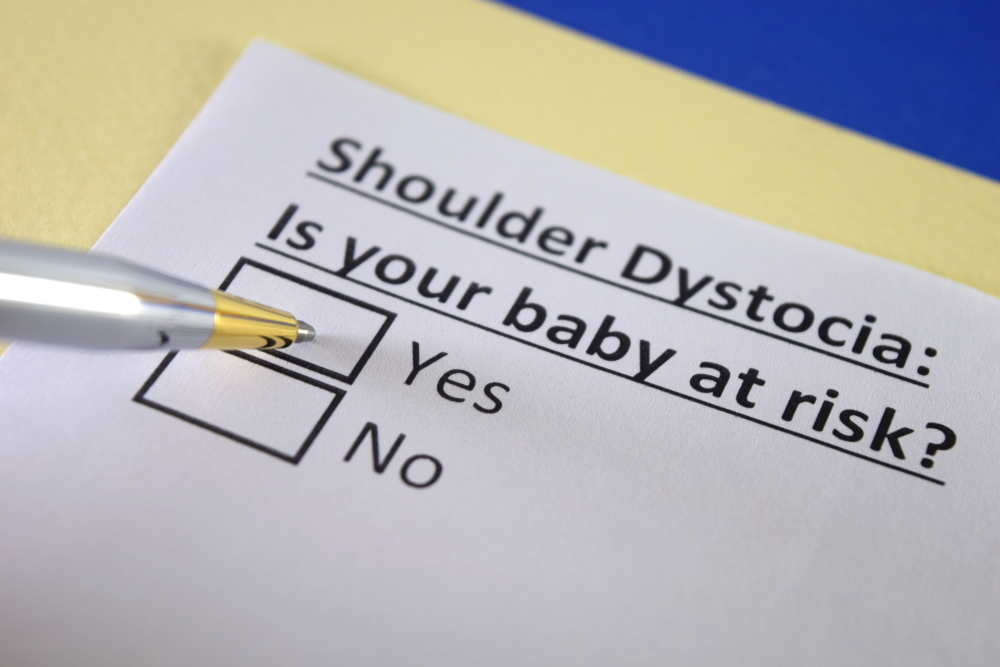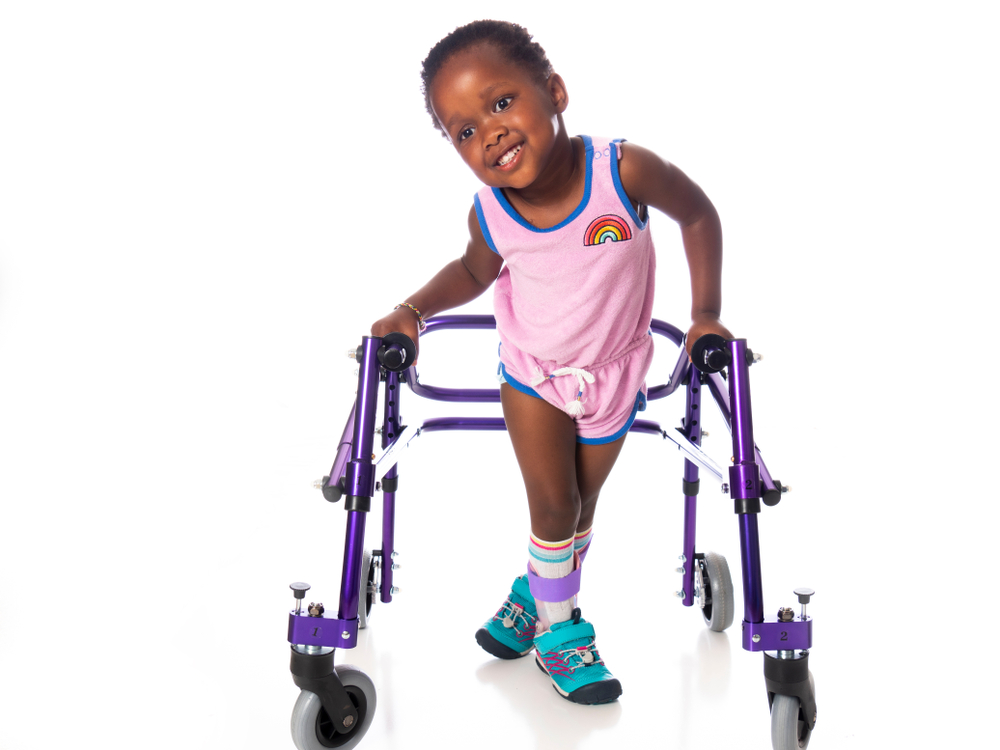
What Every Parent Should Know About S.Q. Cerebral Palsy
As a parent, learning that your child has been diagnosed with spastic quadriplegic cerebral palsy can be overwhelming and frightening.Spastic quadriplegic cerebral palsy (SQCP) is the most severe form of cerebral palsy, affecting all four limbs as well as the face and trunk. It is often caused by brain damage before, during, or shortly after […]




